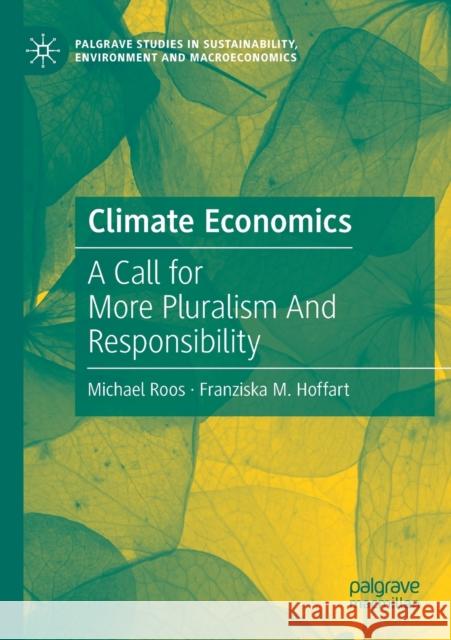Climate Economics: A Call for More Pluralism and Responsibility » książka
topmenu
Climate Economics: A Call for More Pluralism and Responsibility
ISBN-13: 9783030484255 / Angielski / Miękka / 2021 / 184 str.
Climate Economics: A Call for More Pluralism and Responsibility
ISBN-13: 9783030484255 / Angielski / Miękka / 2021 / 184 str.
cena 262,25
(netto: 249,76 VAT: 5%)
Najniższa cena z 30 dni: 250,57
(netto: 249,76 VAT: 5%)
Najniższa cena z 30 dni: 250,57
Termin realizacji zamówienia:
ok. 16-18 dni roboczych.
ok. 16-18 dni roboczych.
Darmowa dostawa!
Kategorie:
Kategorie BISAC:
Wydawca:
Springer Nature Switzerland AG
Seria wydawnicza:
Język:
Angielski
ISBN-13:
9783030484255
Rok wydania:
2021
Ilość stron:
184
Waga:
0.24 kg
Wymiary:
21.01 x 14.81 x 1.07
Oprawa:
Miękka
Wolumenów:
01
Dodatkowe informacje:
Wydanie ilustrowane











